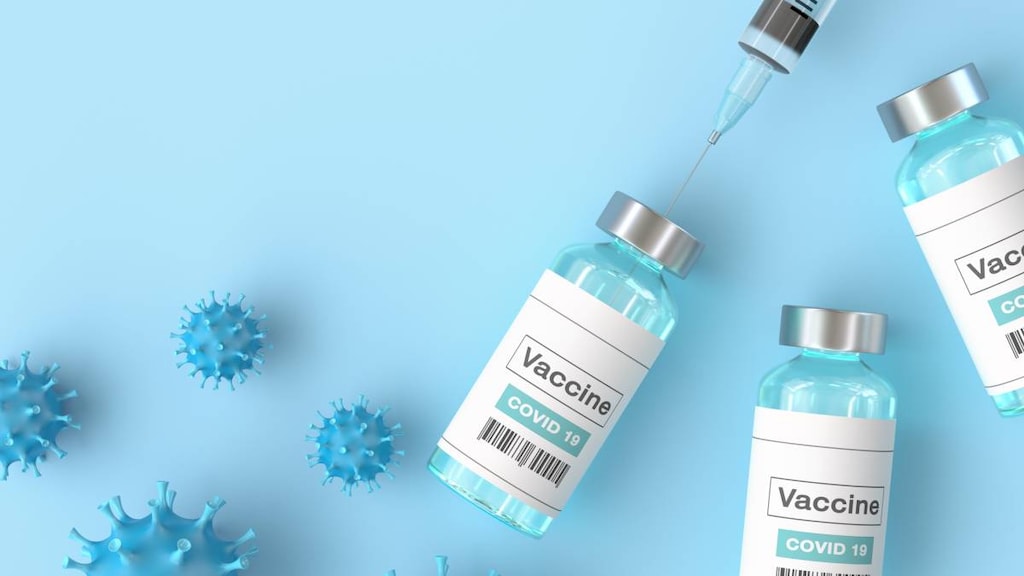Can you take ibuprofen if you have COVID-19?


There is currently no strong evidence to suggest that ibuprofen makes you more likely to catch coronavirus, or make the disease worse; however, certain expert organizations, including the FDA, are investigating the possibility further. In the meantime, acetaminophen is the preferred pain-reliever if you have COVID-19.
If you already take NSAIDs, including ibuprofen, for another condition, such as arthritis or pain-relief, ask your doctor for advice.
Why is there concern about taking ibuprofen for probable/suspected COVID-19?
France’s Health Minister, Olivier Veran, tweeted his concerns regarding anti-inflammatory drugs, such as ibuprofen and cortisone, possibly being an aggravating factor in people with COVID-19. On the same day, the French government reported that NSAIDs, the family of drugs that include ibuprofen, were linked with "grave adverse effects" in patients affected by Covid-19.
This prompted the WHO to issue a statement on the 18th of March 2020 which recommended that people suffering COVID-19 symptoms should avoid taking ibuprofen after French officials warned that anti-inflammatory drugs could worsen the effects of the virus.
Less than 24 hours later, the WHO had retracted that statement on its official twitter account, stating “The WHO does not recommend against the use of ibuprofen.”
What side effects of NSAIDs could make people more vulnerable?
NSAID use (which includes ibuprofen use) in general has occasionally been associated with acute kidney injury, and the risk of this is increased in people who are prone to dehydration, such as older and critically ill patients.
The product insert for ibuprofen already states that there is the potential for the drug to mask the symptoms of infections in general (not just COVID-19) which may mean that people are only diagnosed in more severe stages.
There is a hypothetical risk that NSAIDs might also affect the way SARS-CoV-2 binds to human cells, as research in animals has shown that NSAIDs such as ibuprofen increase levels of a protein called ACE2 on the surface of cells, the same protein that SARS-CoV-2 binds to.
In summary
If you have COVID-19, use acetaminophen instead of ibuprofen to relieve symptoms, unless you cannot tolerate it.
People already prescribed NSAIDs for other conditions, such as arthritis or pain-relief, should not stop them without their doctor’s advice and should be reassured that currently there appears to be no evidence that NSAIDs increase the chance of acquiring COVID-19.
Article references
- Ibuprofen use and Coronavirus (COVID-19). Government UK. https://www.gov.uk/government/news/ibuprofen-use-and-covid19coronavirus
- FDA advises patients on the use of non-steroidal anti-inflammatory drugs (NSAIDs) for COVID-19. U.S. Food and Drug Administration. 19/03/2020 https://www.fda.gov/drugs/drug-safety-and-availability/fda-advises-patients-use-non-steroidal-anti-inflammatory-drugs-nsaids-covid-19
- France says ibuprofen may aggravate coronavirus. Experts say more evidence is needed March 18, 2020. https://edition.cnn.com/2020/03/16/health/coronavirus-ibuprofen-french-health-minister-scn-intl-scli/index.html
- Melville N, Nainggolan L. Are Warnings Against NSAIDs in COVID-19 Warranted? Medscape Pharmacists. March 17, 2020. https://www.medscape.com/viewarticle/926940




